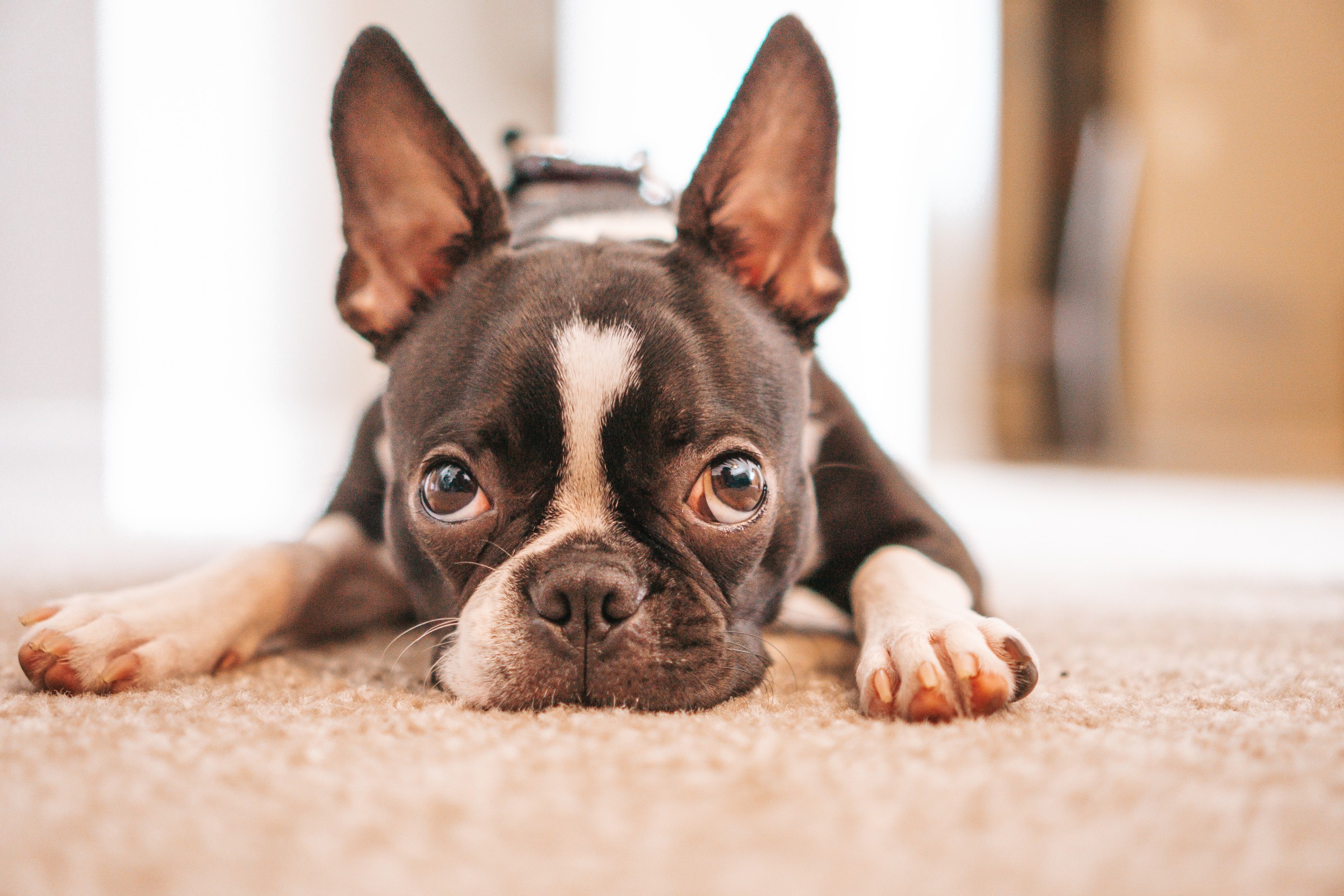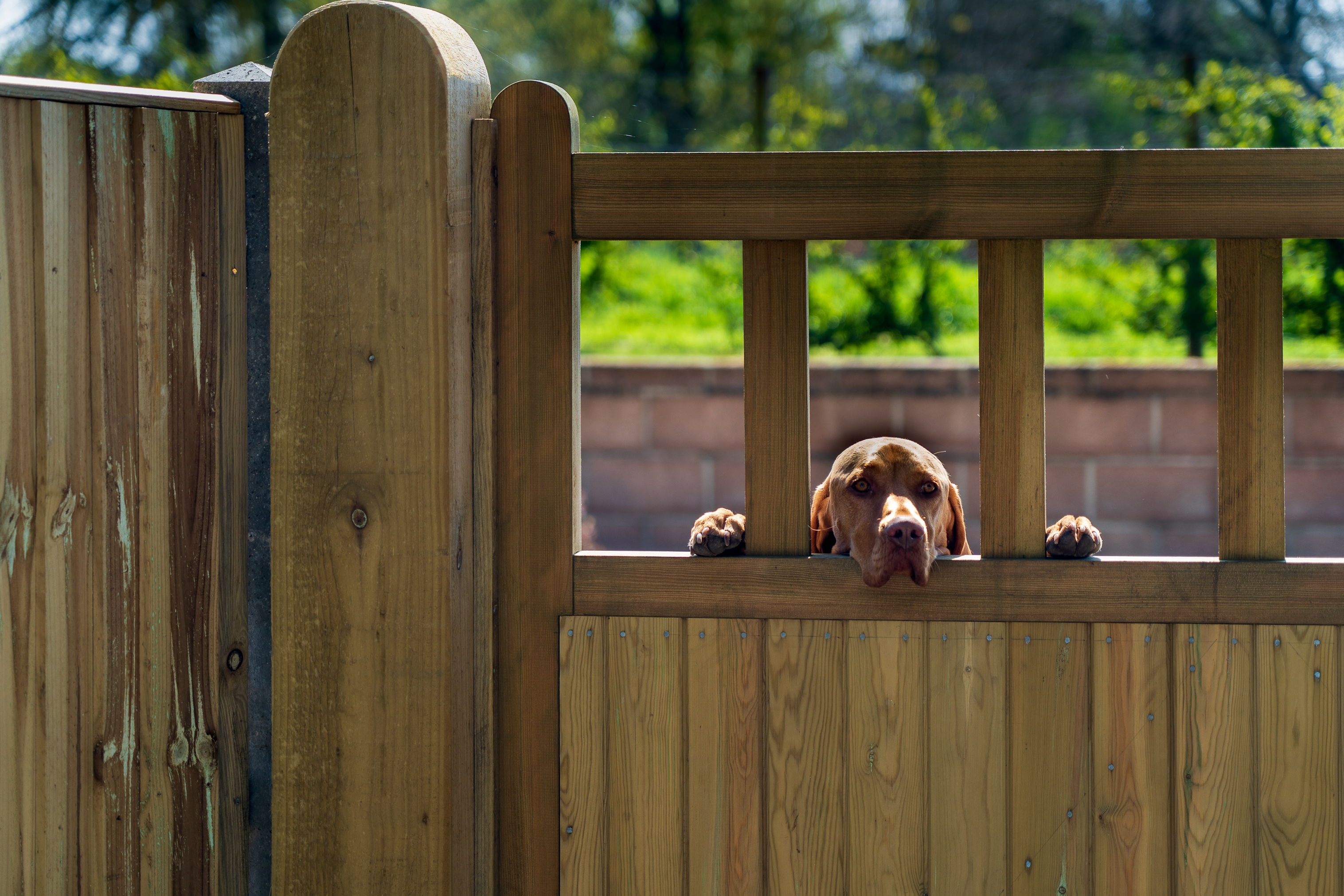
Having a fence can be very important for your dog's safety, especially if you live in an area where there are many passersby. Dogs love to explore and roam the neighborhood, which can lead to a lot of trouble. Intruders can enter your yard, other people's pets can come into your property and it also presents a major safety concern for your canine-especially if you have small children or other pets. However, there is a simple solution: a dog fence. It doesn't have to be expensive, there are a lot of DIY solutions that you can do on your own. Here are six important things you should know about DIY dog fences.
1) Is Your Fence Appropriate For Your Dog
When you are putting up a fence, make sure that your pet can fit through it or easily jump over it. If the dog is too big and the fence is too high, they might try to escape and injure themselves in the process. If it's too small, they could stick their head through the fence and get stuck. You should also make sure that if your pet is a jumper or a climber, you have appropriately placed this in the right spot. In order to know which size of fence fits your dog the most, go now and check out different types of DIY dog fences if you're not sure which to buy. Don't forget to measure your yard before buying anything, so you can get a size-appropriate fence that will fit your yard as well as your dog.
2) You Need To Train Your Dog First
Before installing or fixing a fence, make sure that your pet is trained enough to understand the concept beforehand. Many people end up with a broken fence and a lost dog because they didn't train their dog before putting it up. This is a very important step that you shouldn't miss while planning on creating a DIY dog fence. If you don't know how to do it, search for some tips online or contact a dog trainer for assistance.
3) Make Sure To Keep The Fence Well Maintained
If your fence is not well-maintained, you could have some problems. For example, many people complain that their dog just jumps over a poorly maintained fence instead of going through the gate. Problems that can happen with your fence should be solved immediately, such as the gate not closing properly or any loose boards. You should also check for tears and other types of damage that could lead to an accident happening with your pet. Make sure to regularly inspect and maintain it accordingly so that you don't have a lot of problems in the future.

4) Different Types Of DIY Dog Fences
There are many different types of dog fences that you can purchase and use. You can find them at your local hardware store or you can order them online. Keep in mind what your requirements are and according to that, choose the best fence for yourself. DIY dog fences can be made of different materials such as chain link, brick, chain link, wood, and many more. They all have pros and cons, so make sure to choose which one is the most suitable for your situation, needs, and requirements.
5) Dog Fences Can Even Be Used Inside The Fence
Fences don't have to be installed outside only. You can also choose to use them inside the house for protecting your dog or keeping it in a specific area. If you work at home, you can even install fences specifically for this purpose. This is especially convenient if you need to take care of your dog's needs while focusing on something else. You can use it for feeding or other health-related procedures as well. This is why investing in dog fences is never a bad idea, no matter where you live and what your needs are.
6) Fences Can Be Customized According To Your Preferences And Requirements
You don't have to settle on one type of single fence. You can create a customized fence that will suit your specific preferences and requirements. For example, you can install several fences in one spot or space to make it more secure for your dog. The possibilities are endless.
If you care about your dogs' security and happiness, you will invest in a dog fence. There are so many things that need to be considered though, like the size of the dog and its training status. Remember to maintain the fence regularly and inspect it for any damage, tears, or holes. We hope this article was helpful by pointing out some of the most important dog fence considerations.
